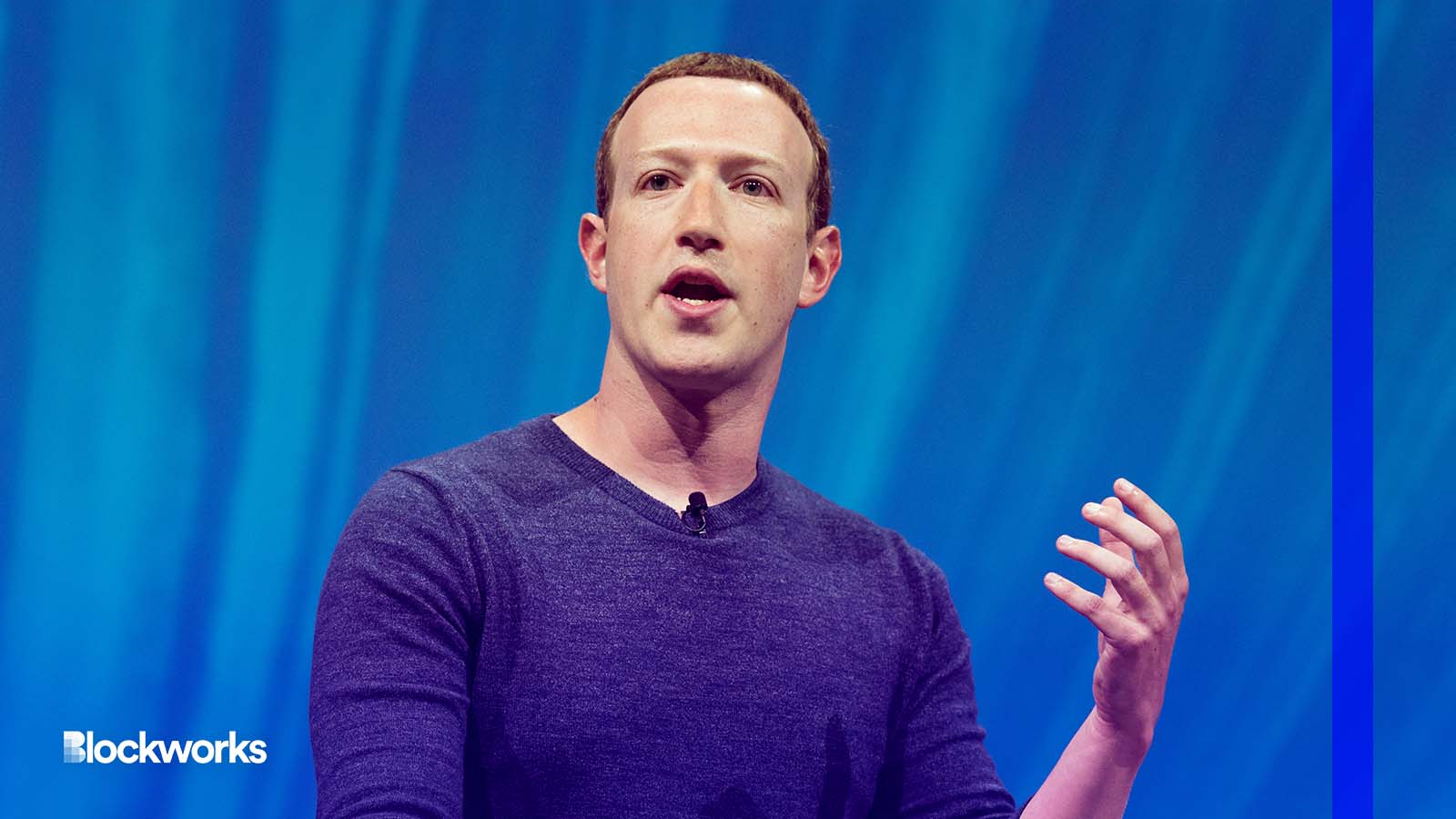Losses from Meta’s Metaverse Unit Continue to Pile Up, Hitting $4B in Q1
The tech giant’s Reality Labs unit has now lost roughly $17.7 billion since the start of 2022

Frederic Legrand – COMEO/Shutterstock modified by Blockworks
The metaverse-focused division within the company formerly known as Facebook continues to bleed, this time posting a quarterly net loss of nearly $4 billion.
Known as Reality Labs, the unit encompasses augmented reality, virtual reality and the company’s metaverse software platform.
The first quarter loss for the department, revealed on Wednesday in a company financial report, was slightly lower than the $4.3 billion hit it took in the final quarter of 2022. The division’s total net loss last year reached $13.7 billion.
“Building the metaverse is a long-term project, but the rationale for it remains the same and we remain committed to it,” CEO Mark Zuckerberg said during Meta’s earnings call Wednesday.
In terms of near-term metaverse-related wins, the CEO noted that more than a billion Meta avatars have so far been created.
The company is also gearing up to launch its “next-generation consumer virtual and mixed reality device” later this year, Zuckerberg added.
Meta brought to market the latest version of its virtual reality headset, called Meta Quest 2, in September 2020.
The company said in a statement Wednesday it continues to expect the operating losses of Reality Labs to increase year-over-year in 2023.
Facebook changed its name to Meta in October 2021 to capitalize on the metaverse trend.
Meta executives have said in previous quarters they are set to continue investing in the metaverse, citing “significant long-term opportunities” in the segment.
Meta’s “Family of Apps” segment — comprising Facebook, Instagram, Messenger, WhatsApp and other services — more than offset the big net loss from Reality Labs, posting a net gain of $11.2 billion last quarter.
Updated April 26, 2023 at 6:15 pm ET: Added statement from Meta CEO Mark Zuckerberg.
Get the news in your inbox. Explore Blockworks newsletters:
- The Breakdown: Decoding crypto and the markets. Daily.
- 0xResearch: Alpha in your inbox. Think like an analyst.






